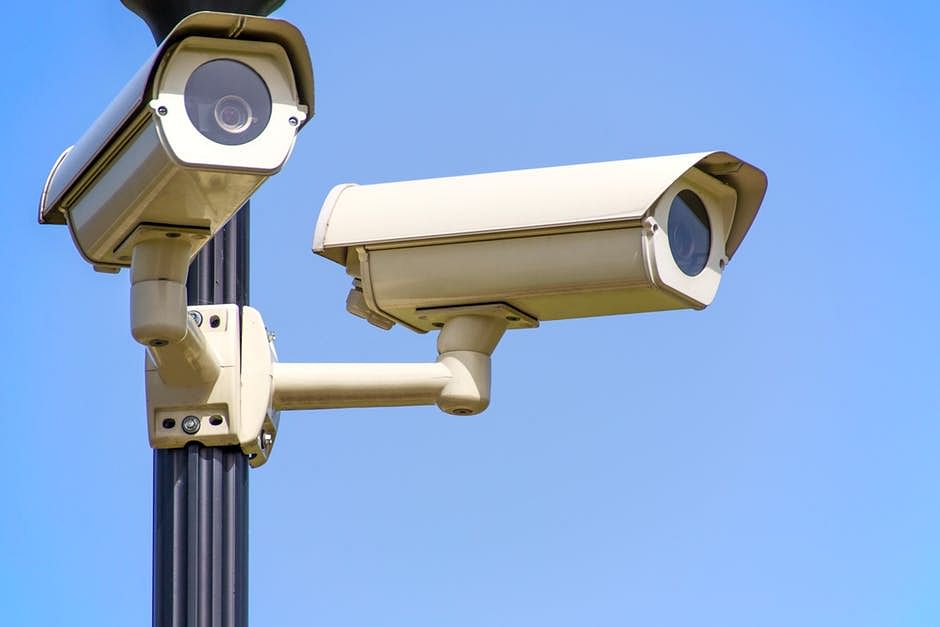New Delhi: Those who opposed the Aadhaar project should now stand up to the Aam Aadmi Party (AAP) government’s decision to place CCTV cameras in government school classrooms and streets across Delhi, political commentator and Ashoka University vice-chancellor Pratap Bhanu Mehta has said.
“Frankly I think it’s a nightmare that we’re going to put cameras in classrooms,” Mehta said during his speech on ‘The Death of Liberalism,’ in the capital Monday. “Those who railed against Aadhar should equally object to this stuff.”
Mehta used the reference on the Arvind Kejriwal government’s proposals to elaborate on the larger point of surveillance in the country.
The Delhi chief minister Saturday launched a project to install CCTV cameras in over 1,000 government schools in the national capital by November. Kejriwal’s proposed scheme doesn’t only place two CCTV cameras in each classroom, and the entire school, but also provides the live feed to the parents of the children via a DGS Live app that can be downloaded from the Google Play store.
The very next day, Kejriwal also announced the installation of at least 3 lakh CCTV cameras throughout the city of Delhi to act as a deterrent and reduce the crime rate. The larger plan is to install an average of 4,000 CCTV cameras in each assembly constituency.
Also read: ‘CCTV project a voyeur’s dream, will lead to surveillance state’: Delhi govt gets legal notice
Surveillance being driven by ‘accountability concerns’
Mehta said surveillance in India “is largely driven by accountability concerns”, adding that “panopticism, which is the idea of rendering citizens completely transparent to the state” has become the “default common sense of citizens” today.
Panopticism is derived from panopticon, an 18th-century prison conceived by British philosopher and social theorist Jeremy Bentham, which allowed for a single watchman or guard to be able to observe all prisoners at once, without the inmates being able to tell that they are being watched.
“If your society ends up with the conviction that one of the sources of state and social power is going to be a certain kind of panopticism, where everything actually becomes transparent to the state and in doing so it can mobilise its citizens more effectively, think of what happens to the liberal project,” Mehta said at the India International Centre (IIC) Monday.
“The symptomatic thing about panopticism is that it has got to become the mode of governance and the mode of creating state power in the 20th century,” Mehta added. “This is a fundamentally liberal idea, it has become our default common sense and is kind of pushing us to put with things which I think most classical liberals would have worried about.”
He further went on to say that in essence, “the practices of governance have kind of completely flipped”. “As my colleague from CPR Partha Mukhopadhyay aptly put it, there’s one very simple way of thinking about democracy and authoritarianism — ‘when citizens trust each other and distrust their rulers, you get democracy. When citizens distrust each other and trust their rulers, you get to authoritarianism’,” he said.
Also read: 5 reasons why ‘liberalism is dead’ according to Pratap Bhanu Mehta
